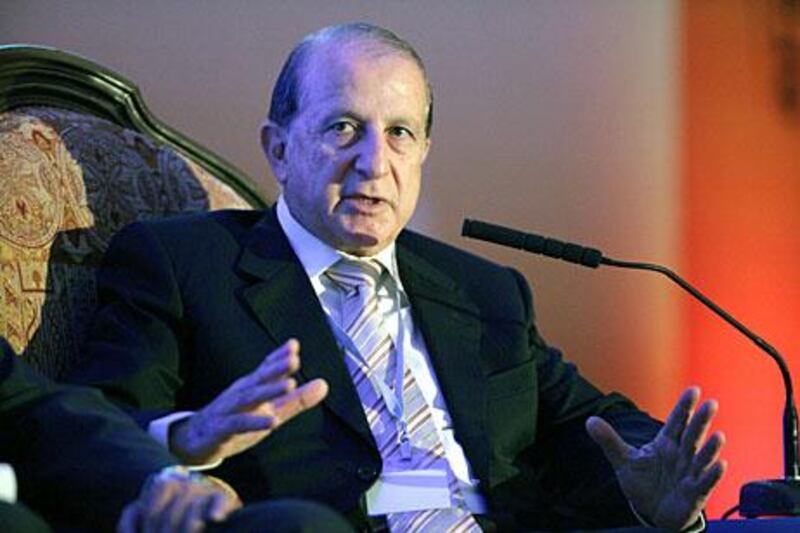The six-month ban on share buying for Riad Kamal, the chief executive of Arabtec Holding, took many market-watchers by surprise.
While the UAE Securities and Commodities Authority (SCA) has quietly taken action over trading infractions in the past, the decision to ban one of the country's most high-profile businessmen illustrates the SCA's changing approach to market regulation.
The SCA, created 10 years ago, has been quietly honing its laws and regulations over the past three years in preparation to take a greater role in the country's financial markets, according to people familiar with its plans.
While the move to ban Mr Kamal, implemented on Tuesday after the SCA cited improper trading before a major announcement in 2009, is not a new type of enforcement for the regulator, it suggests increasingly tight supervision of the markets two years after the global financial crisis hit the region.
The SCA's role had been more underplayed than that of its counterparts in Kuwait, Saudi Arabia and Bahrain, but there was a sense in the past couple of years that it was stepping up its presence in line with the region.
"Regulators have become more active in the last two years in terms of laws and tightening requirements, especially on the banking side," said Mr Raghu, a senior vice-president of research at the Kuwait Financial Centre, or Markaz.
Saudi Arabia, in particular, has become a role model, he said. "They've been busy fining people, coming out with reports. So much of the development that has happene has been largely unnoticed."
The UAE has been hampered to some extent by the number of regulatory forces at work at the same time. "It all came so quickly," Mr Raghu said. "Everything got mixed up."
But if reported plans to merge the Abu Dhabi Securities Exchange and the Dubai Financial Markets come to fruition, the SCA will find itself with a greater responsibility for the quality of the markets, which it is hoped would convince foreign investors to begin ploughing money back into the country.
The UAE's leadership has placed greater importance on its regulatory bodies, including the SCA, the Central Bank, the Dubai Financial Services Authority and the country's three exchanges.
"[The] SCA has been very active considering its young age," said Dr Paul Maco, a partner at the law firm Vinson & Elkins and a member of the SCA advisory board.
Dr Maco is a former director of a unit at the US Securities and Exchange Commission.
He said the SCA had "not only been putting in place regulations that support the existing laws relating to the securities and commodities markets, but [it has] also been looking forward to developing the markets and moving towards the type of framework that will support a growing securities market in a climate such as the UAE".
Improving the image of the markets and increasing supervision of trading is crucial to attracting foreign investors and operating smoothly, said Mohammed Ali Yasin, the chief investment officer of CAPM Investment.
"Regulation and overseeing trades in the markets is something good," he said.
"However, to be fair, things should not take a long time … Speedier action will limit the damage to that share and company, instead of a general statement that will open the door to speculation."
Dr Maco said the evolution of a regulator had to take place in context with the country's markets and other business infrastructure.
"Markets have a way of developing effectively along with the surrounding community to implement or adapt as needed," he said.
"I think everything needs to be kept in the perspective of the stage of development a market is in. They've made a substantial amount of progress in a short amount of time."






